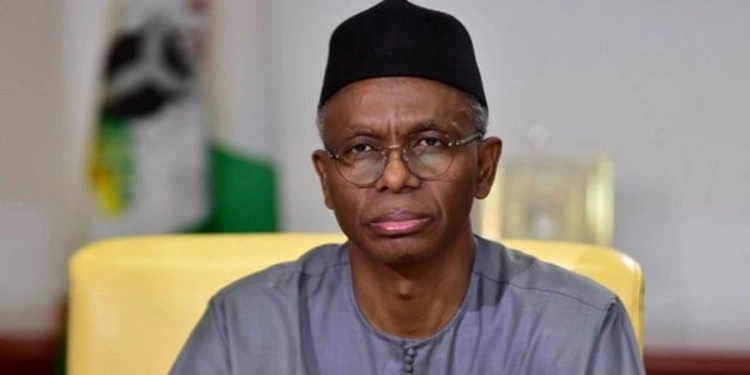Ayo Ademilua, the president of the Renewable Energy Association of Nigeria (REAN) has said that cost is preventing Nigerians from switching to solar from diesel/petrol.
He stated this during a recent interview via Arise News. According to him, the cost of acquisition is preventing a lot of people from switching from diesel/petrol to solar. He said:
- “To break the barrier of acquisition, we need to be able to get funds that have the right cost and the right tenure so that we can also allow our people to democratize this energy access in a way they can pay for it in the same way they are paying for premium motor spirit (PMS) also known as petrol.”
- He also gave an illustration using a barber who runs his business using 4 to 6 liters per day of petrol at N250 per liter on a daily basis. If the same barber switches to solar, he needs to pay a lot of money before he can run his business using solar.
However, he said that if stakeholders have funding models that can accommodate such kind of daily spending, there will be a lot of scale.
What you need to know: The power supply deficit is a lingering problem for business owners in the country. This led to Nigeria being the highest generator importer in Africa, according to a January 2023 report by the International Renewable Energy Agency (IRENA) and the Energy Commission of Nigeria (ECN).
Currently, Nigerians are paying an average of N880 per liter for diesel and varied prices for petrol, ranging from N250 per liter to N500 per liter across states, especially in the Southeast region.
The Chief Executive Officer of Rensource Energy Limited, Prince Ojeabulu told Nairametrics in a December 2022 interview, that there is growth in the demand for solar for both commercial and industrial companies across Nigeria.
Sector awareness
Ademilua said that right now, the country’s renewable energy awareness is at 30 to 40%, which is not nearly enough for massive participation and scale.
However, REAN, plans to go on a roadshow to the 36 states over the next 24 months to interface with stakeholders because the association understands that for awareness to increase, they need to grow the structure of renewable energy developers and stakeholders in the field so they can support the growth of the sector.
Government interventions
Ademilua said policies need to be implemented across the board, to increase renewable energy sector participation in the country.
- He also said that waivers are needed on duties and incentives for development in rural areas and peri-urban areas, all of which are contained in the National Renewable Energy Action Plan policy of 2015, but they are not being implemented, although they need to.
- In other words, a way is needed to implement a carbon tax, which includes a reduction in duties for the importation of equipment.
- According to Ademilua, revenue from a carbon tax can be used to subsidize the risk mitigants under the climate change regime and ease off the acquisition of solar equipment components.




















Different subsidies and incentives were made available for consumers in the developed to acquire solar systems, REAN should mobilise international support to ensure that the same be made available to consumers in Africa and other developing countries under the COP27 agreement, just as certain countries are being granted support to abandon the use of Coal